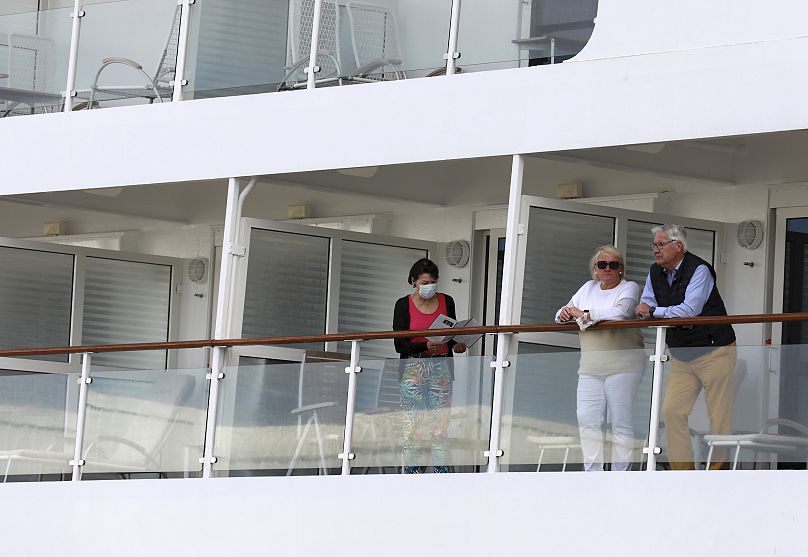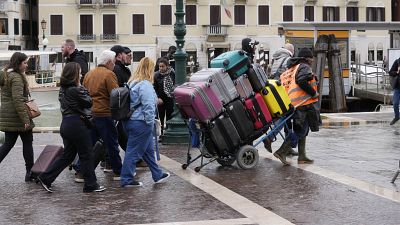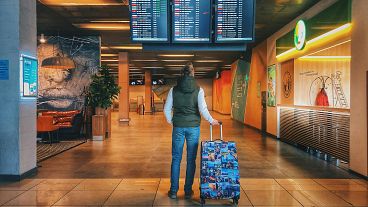The World Health Organisation revised its advice to older travellers, but says the school holidays pose a risk to grandparents.
Over-60s received mixed messages about travelling from the World Health Organisation (WHO) in light of the omicron variant last week.
On 30 November the UN health agency advised people who are at least 60 years old to postpone trips abroad - including them among groups most at risk of developing severe COVID-19 and dying. The warning was reported by a number of leading UK outlets.
But the WHO tweaked its advice just hours later on 1 December to say that only unvaccinated sexagenarians and older should reconsider their travel arrangements, if they are planning to go to places where the new strain is spreading in the community.
“All travellers should be reminded to remain vigilant,” said WHO, which also listed those with “comorbidities” such as cancer, heart disease and diabetes as being particularly at risk - in line with previous advice.
Speaking after a meeting of WHO experts today (7 December), Europe director Hans Kluge identified the upcoming school holidays as a risk to grandparents at home. Five-14 year olds currently have the highest infection rates, underlining the need for extending vaccination programmes to children.
“The problem now is Delta and however we succeed against Delta today is a win over Omicron tomorrow,” Kluge added.
Are older people at greater risk from the omicron variant?
Scientists are racing to understand more about the variant, which has more than 30 mutations on its spike protein - raising concerns that antibodies from vaccination or previous infections will not provide strong enough protection from serious illness. But studies have not yet been conclusive.
Anecdotal evidence from South Africa, where cases have surged in the last week, suggests that omicron patients are presenting with relatively mild, and unusual symptoms. These include intense fatigue and high pulse rate, said Pretoria-based GP Dr Angelique Coetzee.
Initial reported infections were among university students, says WHO, but understanding the level of severity of the omicron variant will take days to several weeks.
As with other strains of COVID-19, older people remain at higher risk of severe illness. This is due to physiological changes that come with ageing, and underlying health conditions.
43 out of 53 countries in Europe are now offering booster vaccine doses to protect their most vulnerable populations.
What do tour operators say about the WHO warning?
A number of European countries have sealed their borders and tightened domestic rules.
The UN health agency has urged caution over travel bans, while acknowledging the use of screening measures at points of entry and exit. “Blanket travel bans will not prevent the international spread, and they place a heavy burden on lives and livelihoods,” it said.
Chris Townson, managing director of tour operator Insight Vacations and luxury river cruises - both of which cater to older people - says "It’s concerning to see conflicting advice for this age group.”
“Across our luxury river cruising and touring brands we are seeing a confidence in booking, as well as a yearning to travel again, from our 60 plus customers." He adds that the company has reassuring policies in place for its guests, including the requirement for all travellers and crew to be fully vaccinated.
"We also offer flexible booking and robust health and safety protocols – including the addition of a Wellbeing Director on every escorted tour across our portfolio. I hope that the UK government will provide clarity on this advice in the coming days.”




